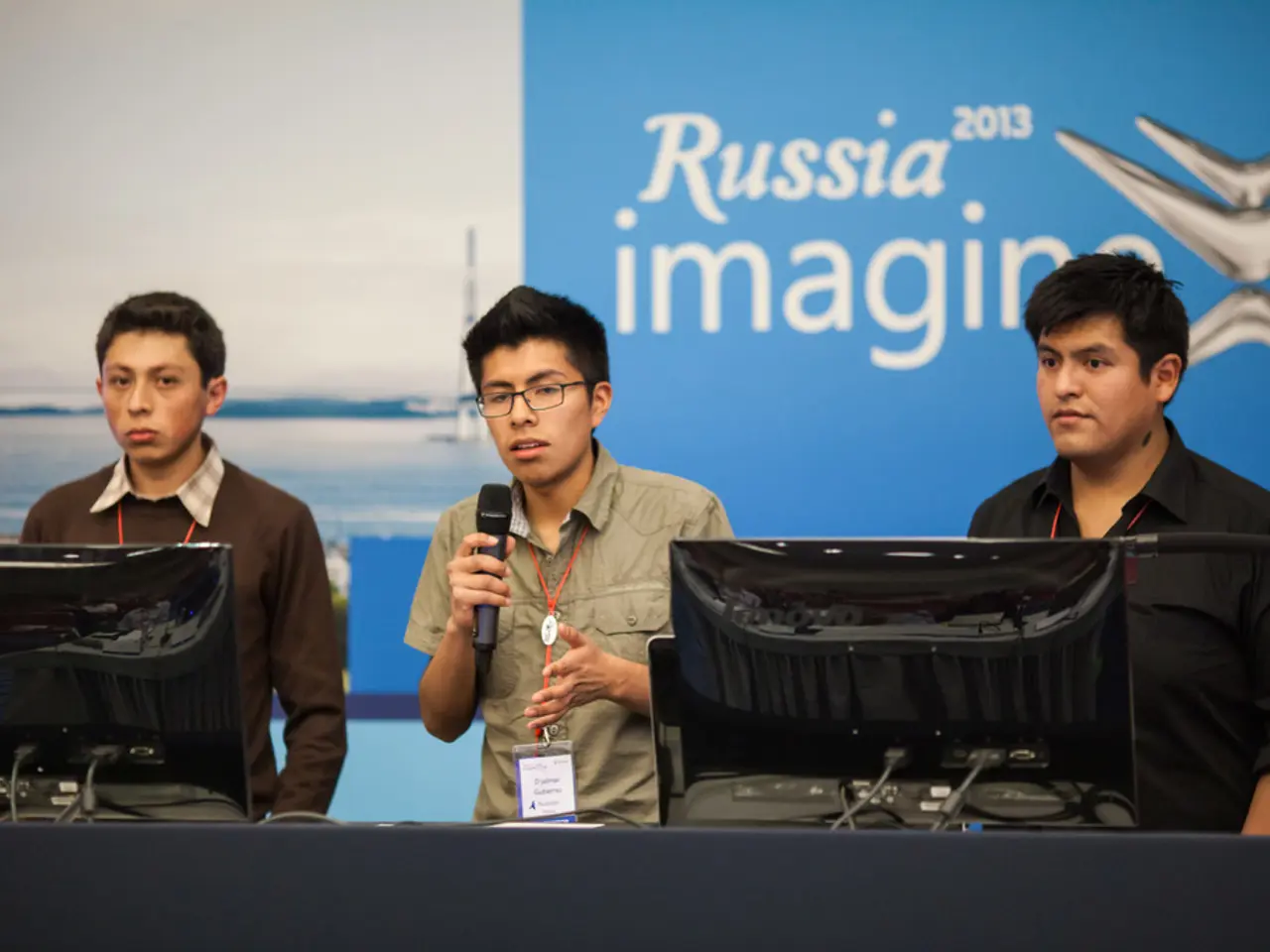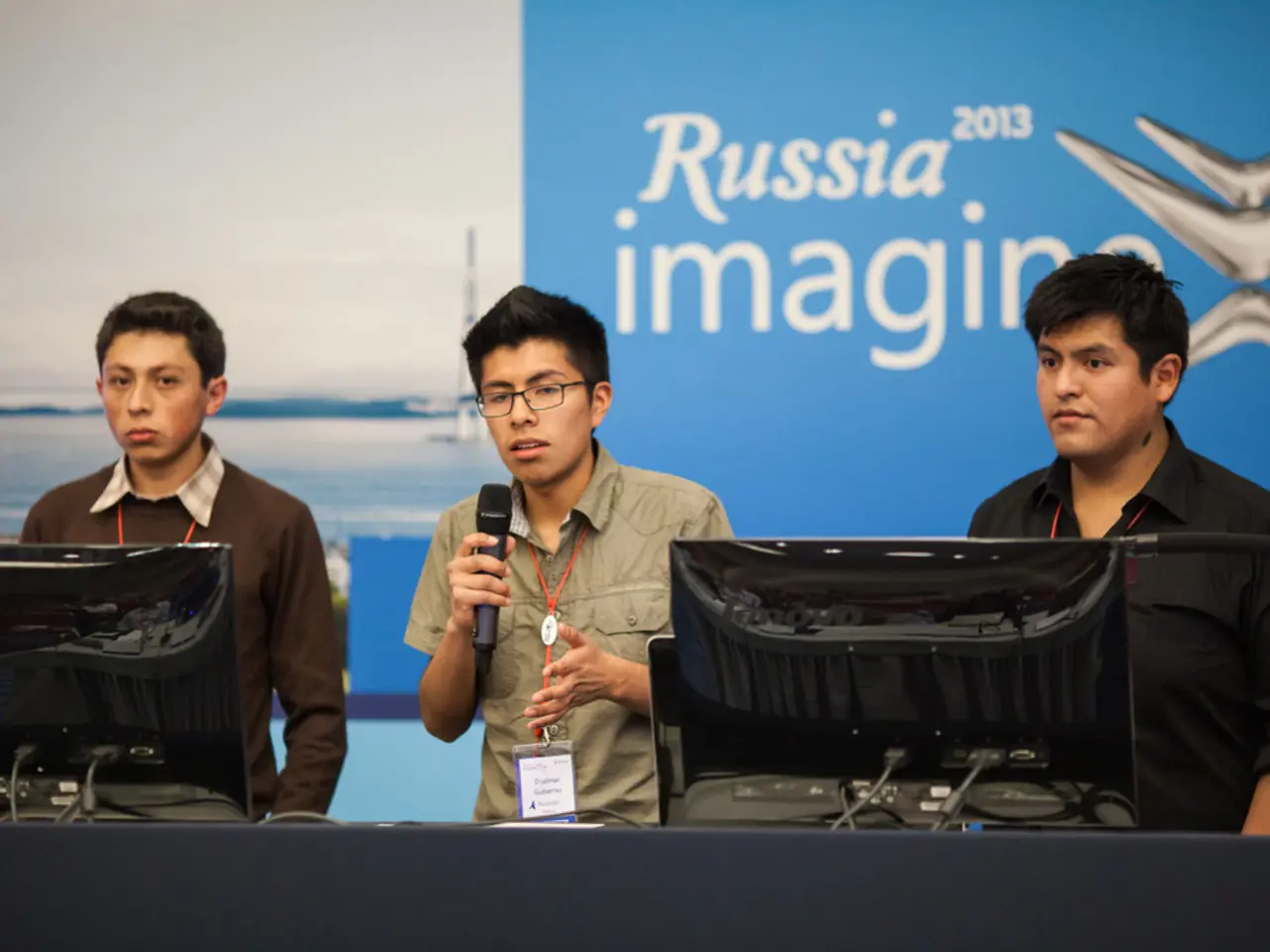High Registration Costs at Networking Events Disproportionately Limit Participation for Lower-Income Professionals
Peer support events, such as conferences, trainings, and webinars, are a common part of a professional's journey. However, for low-income individuals in the peer support field, these events present significant barriers that exclude, demoralize, and divide.
For someone scraping by on a tight budget, even modest registration fees can be a colossal burden. What may appear as a small cost to one person could be the difference between a week's worth of groceries or the ability to pay rent. When professional development comes with a hefty price tag, it feels more like a sacrifice than an investment.
The financial hurdle doesn't end with the registration fee. The opportunity cost adds another layer of exclusion. Choosing to attend an event might mean sacrificing essentials like transport, childcare, or daily meals. These difficult decisions are not just inconvenient, they're destabilizing. Professional aspirations take a back seat when survival is at stake.
Exclusion from these events means missing out on networking opportunities, skill-building sessions, and fulfilling continuing education requirements. These vital activities are crucial for maintaining certification and advancing in the peer support profession. Missing out means missing out on chances for growth, and while scholarships or discounts may be available, applying for financial aid can be an uncomfortable and humiliating process. This reinforces a sense of otherness rather than belonging.
Over the past decade, peer support has gained recognition as a valid and evidence-based approach to behavioral health recovery. Yet, financial gatekeeping remains an issue. Requiring payment to access knowledge, community, or opportunity replicates social inequities that the peer support movement seeks to dismantle. The fact that these spaces might be inaccessible due to financial constraints can leave low-income individuals feeling like their voice and experience don't matter.
To tackle these challenges, the peer support field needs to rethink how access to professional events is organized. Implementing a sliding scale fee system based on income could be a solution, allowing people to contribute what they can afford without being priced out. Making scholarships and bursaries more accessible, and distributing them with dignity rather than pity, is also critical.
Organizations could develop online platforms hosting free or low-cost webinars, reducing travel and accommodation expenses. Local peer-led workshops could replace large centralized events for those unable to travel. And perhaps most effectively, organizations could seek sponsorships to help subsidize attendance for those who would otherwise be excluded.
These steps aren't about charity; they're about justice. By removing financial barriers, we strengthen the movement. It brings in a wider range of voices, broadens the scope of experiences, and ensures that the peer support community reflects the very people it aims to serve.
When registration fees act as gatekeepers, professional development becomes a privilege rather than a right, limiting who can enter the field, stay, and lead. This not only weakens the profession but risks turning peer support into an exclusive club instead of an inclusive movement. If the peer field truly values lived experience, it must also value the people behind those experiences, regardless of what they can afford to pay.
Strategies proposed to address financial barriers and promote inclusivity for low-income individuals and underserved communities in peer support events include the distribution of mini-grants, expanding financial aid and advocacy resources, securing federal investment, focusing on community-based services, and prioritizing user leadership. These strategies, when combined, collaborate to mitigate financial barriers and promote inclusivity.
- To bridge the financial gap for aspiring professionals in the peer support field, implementing a sliding scale fee system could be beneficial, allowing individuals to pay according to their income, ensuring that knowledge, community, and opportunities are accessible to all.
- Instead of viewing scholarships or financial aid as a form of pity, it's essential to distribute them with dignity, fostering a sense of belonging rather than otherness among low-income individuals seeking growth and development in the peer support profession.
- To further promote inclusivity, organizations could offer online platforms hosting free or low-cost webinars, develop local peer-led workshops, and seek sponsorships to subsidize attendance for those who are financially disadvantaged, transforming professional development opportunities into a right, not a privilege.




